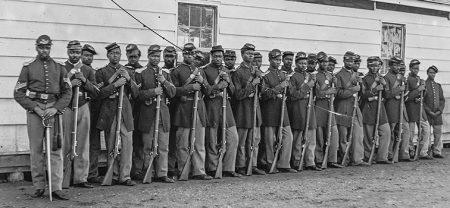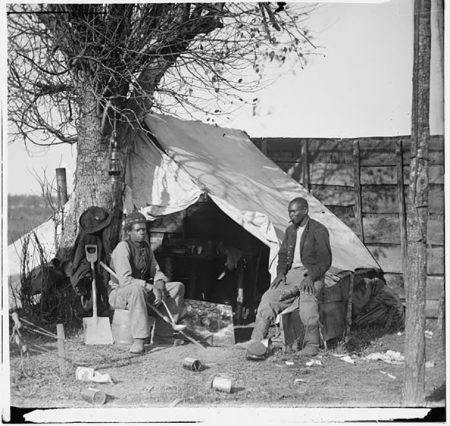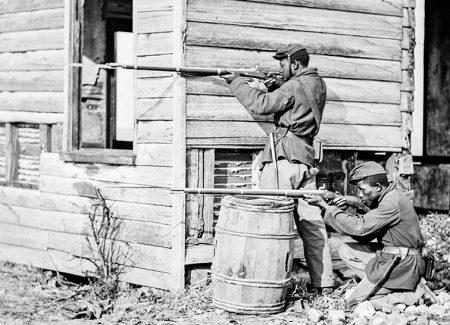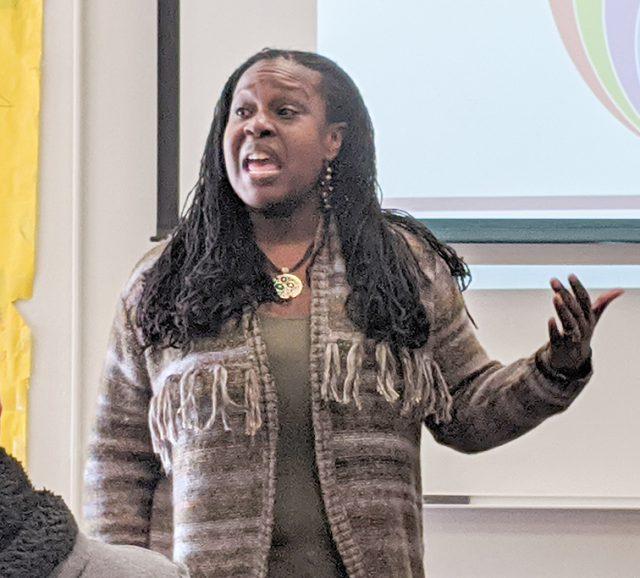| November 20, 2019 | Dang Le | campus editor |
|---|

Students were taught about discrimination against black soldiers during and after the Civil War in the Forgotten: The Post-Emancipation Black Civil War Veteran Experience discussion on TR Campus Nov. 12.
“Our theme this year is ‘Honoring the Past, Committed to the Future,’” TR director of counseling Deidra Turner said. “The more knowledge you have, the more you are making sure not to make the same mistakes happen again.”
Turner said she believes that everybody should analyze the full spectrum of history, which explains why she holds this discussion.
“With America’s history, some of it is upbeat, and some is not,” she said. “If we look through history with a rose-colored lens, we will never truly understand it.”

Veteran’s education district coordinator for the Texas Veterans Commission – Education, Col. William O. Dwiggins served as the speaker of the event.
“Back in the day, I would never have had the chance to talk to all of you like this,” he said, “If they saw me talking to more than one person, I’d get whooped.”
Dwiggins went over how African Americans migrated to the U.S. before the Civil War.
“They were stuffed like sardines on ships with 3,000 people stuck underneath the upper deck of the ship only twice as big as this room for three months and longer,” he said.
From this moment, Dwiggins said he believed Caucasians knew how powerful the African American population could become after the Civil War, as black veterans had understood orders and tactics.
“The Civil War gives people of color the opportunity to fight for their freedom, and that scared the whites to death,” he said. “The whites’ biggest fear after black people coming home was to treat them as equal humans.”
He explained Caucasians continued to hire African Americans because they performed cheap labor after their return from combat.

“It was all about the money,” he said. “If each of you owns 200 slaves that work with 2,000 acres of cotton and tobacco, in modern-day terms you can make $2 billion.”
In the end, Dwiggins said he believed African Americans managed to overcome all odds to achieve great things.
“The bounds of African Americans being held back were broken because they have seen the other side when serving,” he said. “We became highly-educated: having our magazines, newspapers and developed many inventions.”
TR student Diane Wanger said the discussion gave her a better perspective of what African Americans experienced.
“I have often heard that the Civil War was fought over economics issues, but I hadn’t ever heard it in such a brief way with support statements regarding the issue,” she said.
Dwiggins hoped that this discussion’s language would not offend any attendees but inspire people to learn and make a change instead.
“If we can’t be truthful about the language, then what is the point?” he asked. “We’re just floundering around thinking everything now is new, it’s not. We have to force the history so we can learn upon what the history was.”

































